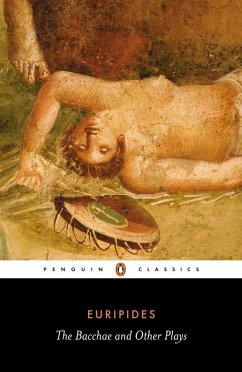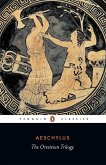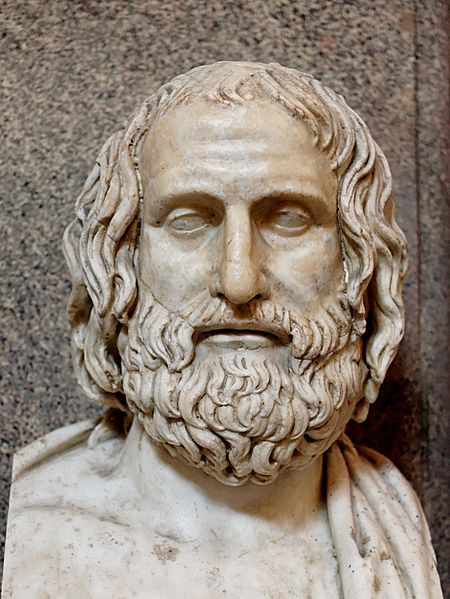Through their sheer range, daring innovation, flawed but eloquent characters and intriguing plots, the plays of Euripides have shocked and stimulated audiences since the fifth century BC. Phoenician Women portrays the rival sons of King Oedipus and their mother's doomed attempts at reconciliation, while Orestes shows a son ravaged with guilt after the vengeful murder of his mother. In the Bacchae, a king mistreats a newcomer to his land, little knowing that he is the god Dionysus disguised as a mortal, while in Iphigenia at Aulis, the Greek leaders take the horrific decision to sacrifice a princess to gain favour from the gods in their mission to Troy. Finally, the Rhesus depicts a world of espionage between the warring Greek and Trojan camps.
Dieser Download kann aus rechtlichen Gründen nur mit Rechnungsadresse in A, B, BG, CY, CZ, D, DK, EW, E, FIN, F, GR, HR, H, IRL, I, LT, L, LR, M, NL, PL, P, R, S, SLO, SK ausgeliefert werden.










